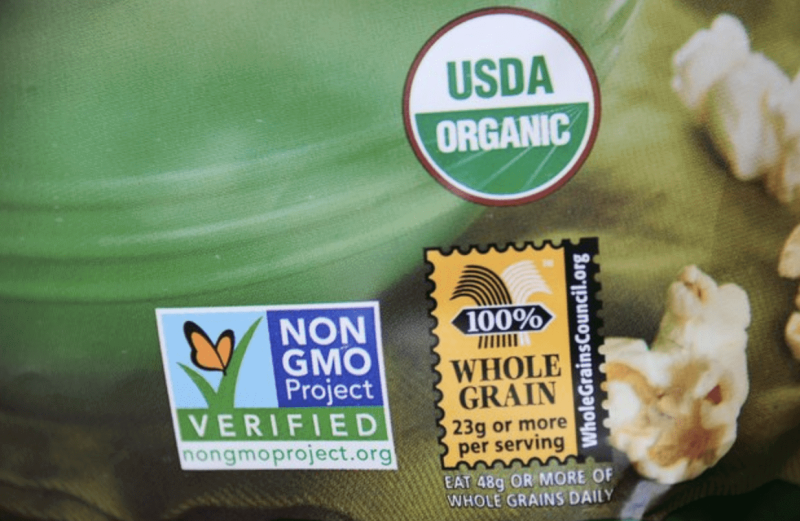[N]on-GMO labels do more than placate people concerned about scientists secretly tinkering with their food. They might persuade people to make a poor food choice. That’s because genetically modifying food can actually make it safer, by limiting the need for, say, pesticides. According to Pam Ronald, who studies genetics at the University of California, Davis and whose husband is an organic farmer, farms going non-GMO to meet consumer demand are causing major damage.
“These non-GMO labels have proliferated, and they’re really a problem,” Ronald told Quartz. “Because there’s no regulation, they can just spray anything they want. So what’s happening is… they’re going back to using [far] more toxic compounds. And I think that’s really a disservice to the consumer to market it as somehow being more healthy—when of course, it’s not, and it’s also more harmful to the environment.”
The GLP aggregated and excerpted this article to reflect the diversity of news, opinion and analysis. Read full, original post: Non-GMO food labels are incredibly misleading—and could be harming you and the environment































